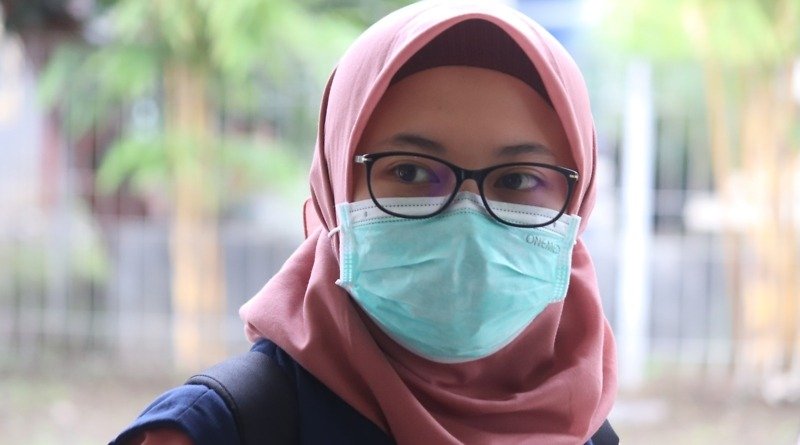Air Pollution Control in Forex Trading: A Comprehensive Guide
Air pollution control involves regulations and methods intended to reduce or eliminate the release of pollutants into the atmosphere. This can be achieved through the implementation of various governmental, local, or corporate initiatives that seek to reduce or eliminate the production of pollutants, such as those produced from the burning of fossil fuels or the emission of industrial or agricultural waste. Air pollution control measures range from legislation to the use of modern technologies such as scrubbing systems and catalytic converters. Utilizing effective air pollution control measures can reduce the dangers posed to public health from exposure to hazardous substances and help maintain a healthy and balanced environment for generations to come.
Read More